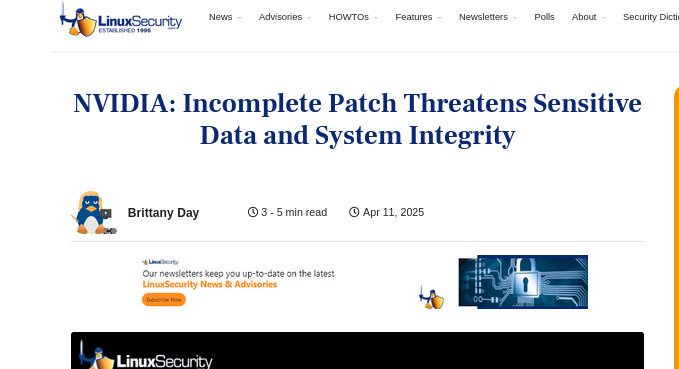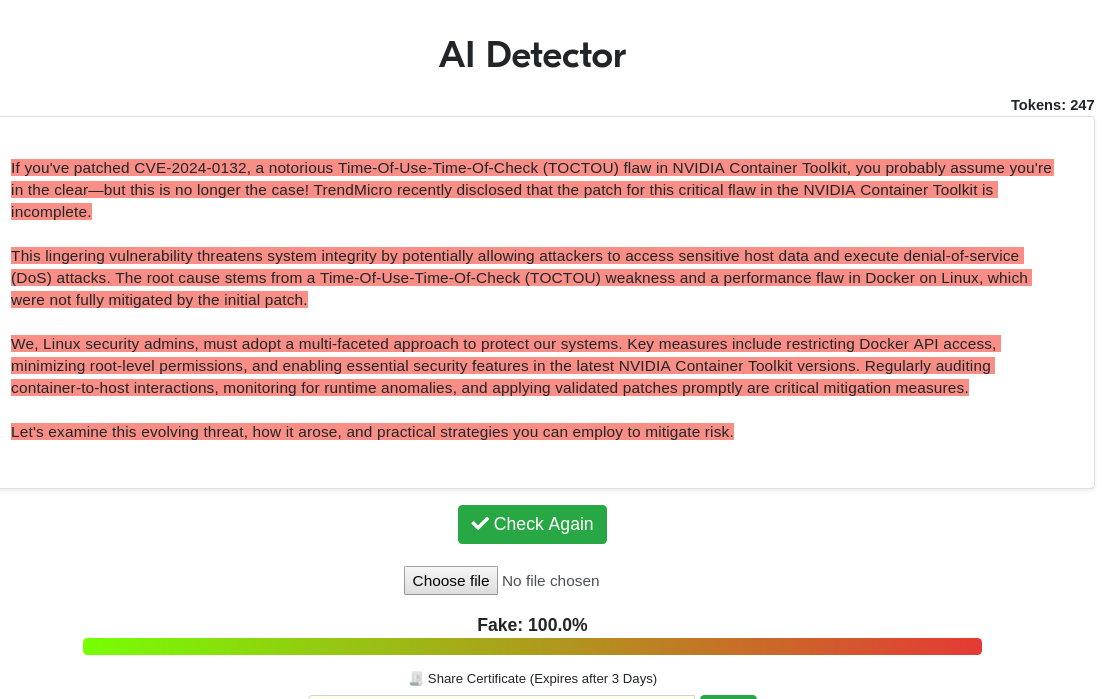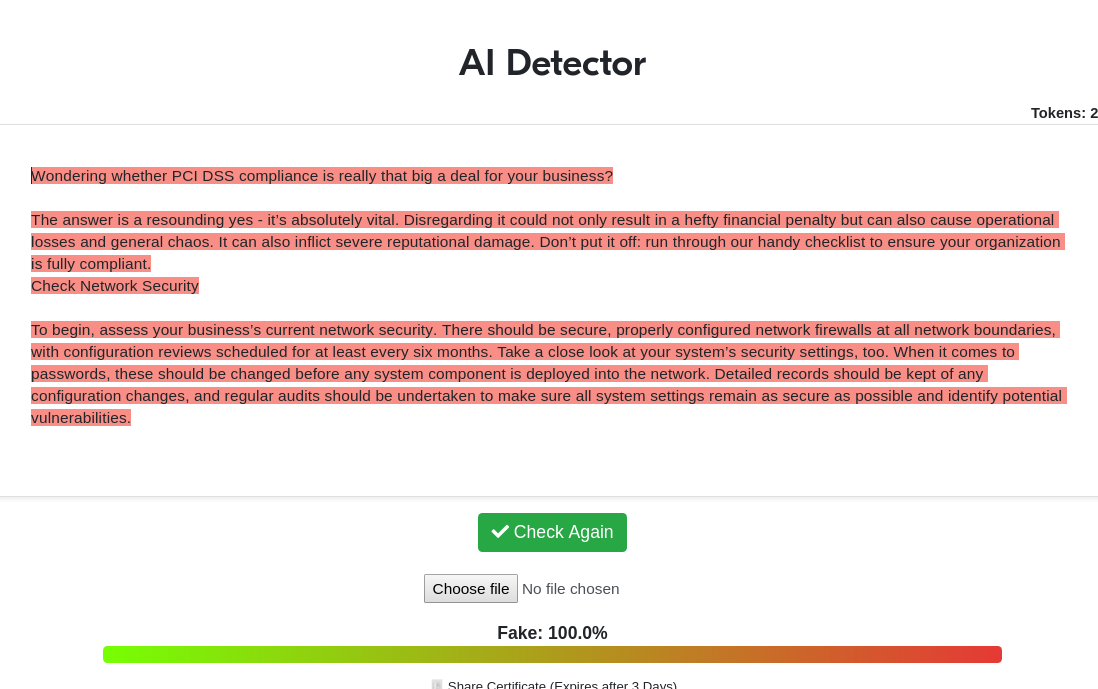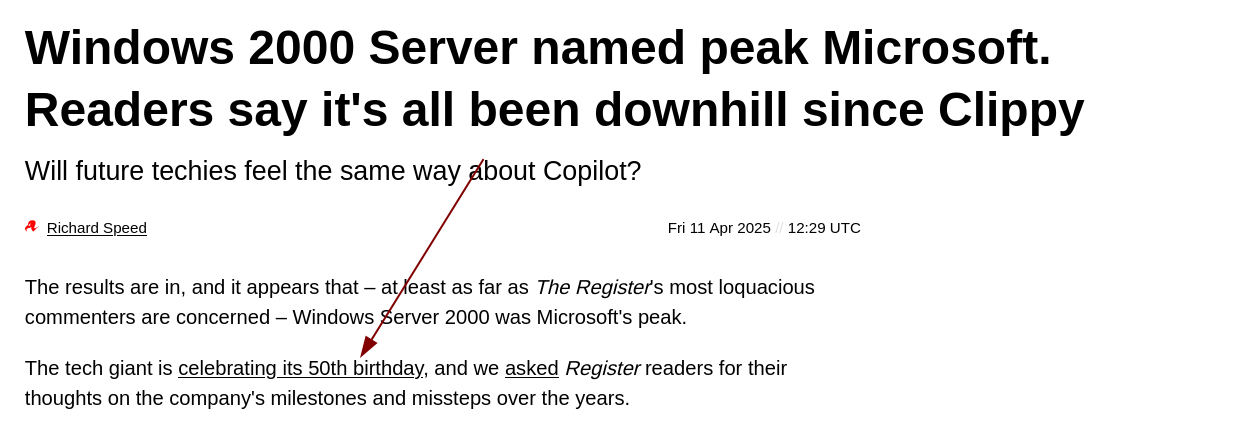Revisionism and Lies by LLM Slop and Lazy "Media"
What happened to investigation of issues?
When I was a lot younger the governments helped fund scientific research, including mine. There were economic factors, as back then the national debts weren't obscenely out of control. So it was possible to invest in education and development. There was capital for fact-finding. Tax money, not corporations. Strings were attached, but not to rich people's interests. In turn, a lot of the media would base articles on the science, the facts, the experts, not some "study" funded by Microsoft or what some oligarch had to say (articles that just repeat what an oligarch said had no value and they had no "X" or "Twitter" accounts, either; it's not that such articles didn't exist at all, but those were rare or actual debunkings of what was said/claimed).
We all saw a lot of the very rapid shift (as described above) in 2020 during COVID-19 lock-downs. It was international in nature and scope. Oligarchs and corporations controlled all the narratives; any other view was considered outlandish and likely censored sooner or later. Talking about the origins of the virus was considered "racist".
Now, more so with fast-moving social control media, many sites aim for lots of junk in high volume (quantity, not quality) and those sites are seduced by word-slinging bots that either plagiarise or "summarise" (i.e. shorten) real work. That in turn lessens the incentive to write real articles; they quickly get overtaken by Serial Sloppers and bottom feeders. Some good authors spoke about this problem candidly; publishers are pressured to compete with useless bots. Google too has become a peddler of bots (it even hijacked "Gemini"), so it lacks an incentive to solve this issue; it tries to profit from this issue and it participate in manufacturing of slop.
Yesterday, over an hour was spent talking about what had happened to news online. There are two aspects: LLM slop and lack of journalism. Another two aspects: what this means to GNU/Linux coverage and what that means to news in general.
The situation is not improving. Things rapidly slip out of hand.
Consider those latest fake 'articles':
LLM slop:
Also this adjacent 'article' (same day):
Same problem.
It may look like an article (that contains words and paragraphs in correct grammar/English), but it's chatbot spew:
The remaining items in the "Linux" news (even if composed by actual humans) do not investigate anything, they barely bring out any real news. Some of them just parrot official sites, e.g. regarding some new release of some software (without actually reviewing it). So where does one learn something new? Fake 'studies' (marketing surveys)?
It's all about "B2B" and marketing now. It's about "monetising" words.
The following article by Richard Speed at The Register (more like a celebration of Microsoft) has just shown how a mere survey (of its own readers) became a topic. The Register says that readers name Windows 2000 Server 'peak Microsoft'.
To quote: "The results are in, and it appears that – at least as far as The Register's most loquacious commenters are concerned – Windows Server 2000 was Microsoft's peak."
I'm old enough to know about this and I spoke to another person about it. This seems like hogwash.
Windows was never a good operating system, even if many people used it. In the year 2000 people just got accustomed (forced) to get it with any new PC, even if other viable operating systems did exist. Performance-wise and security-wise it was terrible, it lacked key features, and Microsoft faced antitrust action for very good reasons.
"2000", aka NT5, was getting clobbered in comparison reviews against Netware 5, an associate recalls, which means that the above is more than just nostalgia, as "NT5 aka 2000 was the last which could be properly configured and modified, say to integrate Kerberos and LDAP."
Windows could barely do the Internet right, it just forced/imposed itself on everyone and then lowered people's expectations, as many assumed the "blue E" was the Internet and crashes were "normal".
By 2000 I was already on GNU/Linux (Red Hat at first) and it was clearly better not just from a technical perspective. The problem was that it wasn't widely available and to some people its very existence was unknown (it was not accessible through stores).
Richard Speed wrote:
Overall, as Microsoft turns 50, the consensus is that the company's best days are receding behind it. Its milestones included the iconic Windows 95, but its early foray into server operating systems is what it is remembered most fondly for.
Wait, "fondly" by who? There have been many puff pieces lately about "95" (e.g. yesterday under "Proprietary"), but there was nothing innovative about it and, as an associate put it, that does not mitigate the rug pull which Microsoft did to OS/2 in order to establish the market for NT's applications.
The world would be vastly better off - and technology be more reliable - if Windows never "took off" (not even Windows 3/3.1).
The above journalism speaks of 25 years ago ('half life' of Microsoft as a company) like it was some "golden age". In reality, it was one of the most horrible times. Now we have some new types of challenges, like those Carole Cadwalladr has just spoken about. Those are more "holistic".
Cadwalladr was a journalist (yes, was, as they keep pushing her out like she's a liability only) and it seems like the "bro-ligarchs" (as she calls them) actively work to undermine journalism, replacing it with slop and puff pieces. Yesterday we spoke about the New York Times openly admitting that it had resorted to LLM slop and who stands to benefit. There are more and more sites we must avoid these days as everything is suspect and so much is tainted.
Society lost respect for facts. Instead it's willing to attack those who say the facts. █






